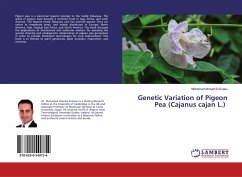Field pea (Pisum sativum L. var. arvense.) is amongst the most important legume crop of India, belongs to family Leguminoseae or Fabaceae. Based on triennium ending 2010-11, the contribution of Fieldpeas to total pulses area in India was 3%.In India, productivity of this crop has remained stagnant and area is shrinking due to competition from irrigated wheat, and more remunerative pulses. To increase the production of this crop there is need to operate field pea breeding programme in efficient manner. Selection of parents with the combination of desired genes is the key to success in a hybridization breeding programme. By selection of desirable parents and through hybridization between selected parents, there are chances to break the already existing plateau, and to obtain transgressive segregants in the future generations. Thus the present book deals to identify transgressive segregants, which would mainly depend upon the genetic parameters of various quantitative traits, their mutual associationship and their direct and indirect effects on yield. This book is a useful study material for the researchers in the field of Genetics and Plant Breeding.
Bitte wählen Sie Ihr Anliegen aus.
Rechnungen
Retourenschein anfordern
Bestellstatus
Storno

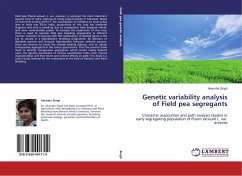
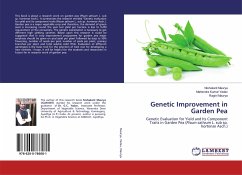
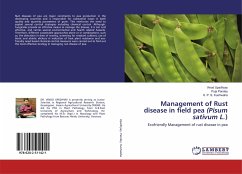
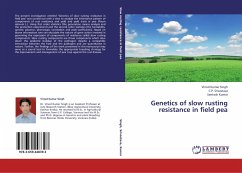
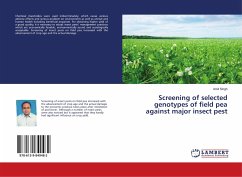

![Genetic Divergence in Grass Pea [Lathyrus sativus (L.)] Genetic Divergence in Grass Pea [Lathyrus sativus (L.)]](https://bilder.buecher.de/produkte/39/39710/39710657n.jpg)
